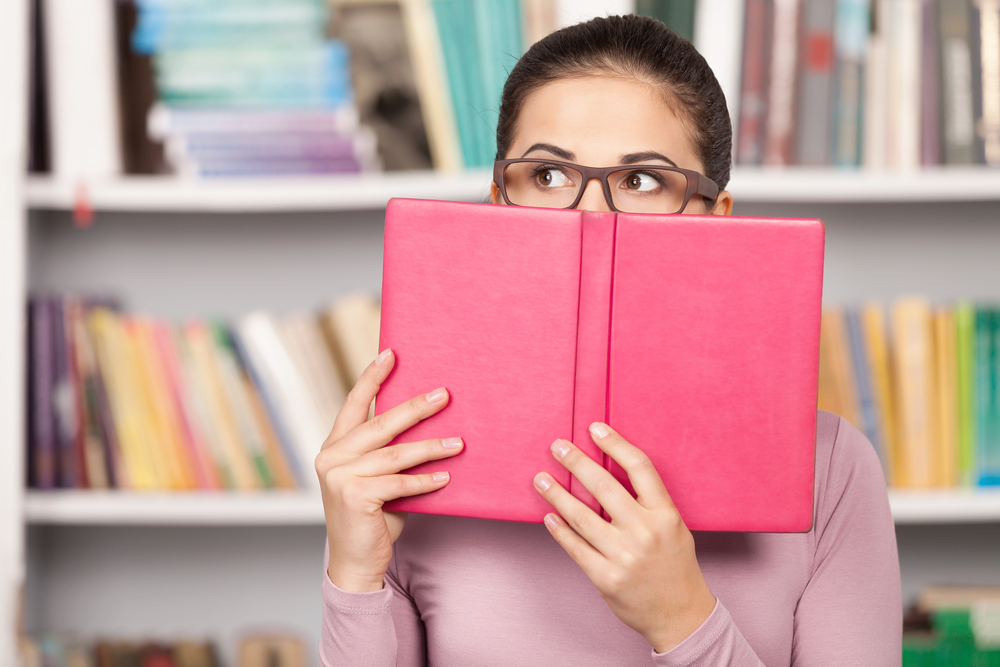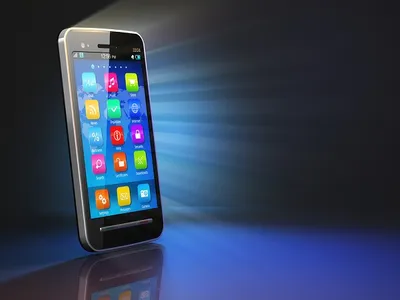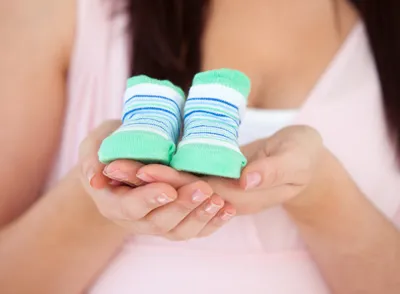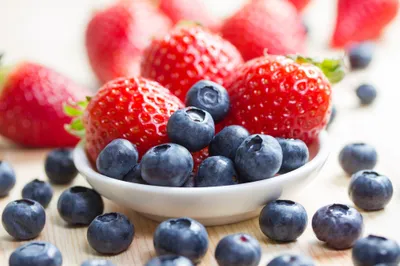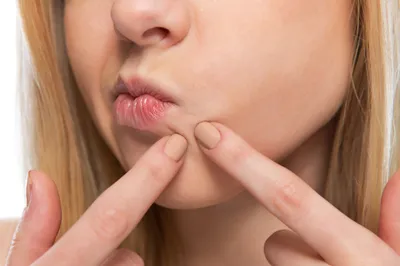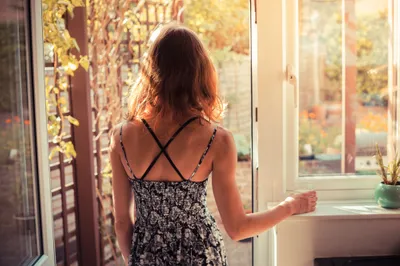I’m often stricken by the fact that too much or too little of a good thing can negatively impact our health. While you’ve probably guessed that sticking you nose in your smartphone could impact your vision—you likely didn’t know that hitting the books could also cause vision impairment. If you’ve recently experienced unexplained vision issues, keep an out on these influential habits…
1. Smartphone Zone
According to the American Optometry Association (AOA) “computer vision syndrome” is caused by long-term exposure to the harsh blue lighting emitted from your smartphone, tablet, laptop, or computer.
The AOA characterizes this catchall term as a myriad of eye-related health problems—including red eyes, dry eyes, blurred vision, eye strain, headache, burning eyes, excessive tearing, light sensitivity, double vision, altered focus, nausea, altered color perception, eye soreness, and neck/back/shoulder stiffness. Do yourself a favor; put down the technology and give your eyes a break every 20-minutes.
2. You’re Expecting
With pregnancy our bodies can do some pretty strange things—there’s morning sickness and swollen feet and ankles, and even food cravings. According to a study published in the Journal of Pregnancy, you can add vision changes to list of changes that expand almost as quickly as your tummy.
The study points to a temporary vision impairment that can take place during pregnancy—causing blurred distance vision, poor night vision, and trouble making out far off street and roadsides. Luckily, once baby arrives mom’s vision will typically return to normal.
3. You Don’t Eat Enough Berries
Blueberries, raspberries, blackberries, and fresh strawberries—tis’ the season to nosh on your choice of garden fresh picks. However, if your vision is suffering you might want to pick yourself up an extra pint and nosh away.
A research study from the University of Massachusetts Medical School says that those who don’t eat an adequate amount of berries can suffer declined night vision due to oxidative stress. It turns out that a little known berry, known as the bilberry (a close relative to the blueberry), is the best for improving night vision due to the richness of antioxidants within. However, all berries are high in antioxidants.
4. Your Acne Meds
If you’ve noticed a recent change in your vision, your acne medication may be to blame. According to a study published in the journal, Lens and Eye Toxicity Research, a link has been established between a particular prescription acne medication and night vision decline.
The study points to a prescription-only acne medication called Isotretinoin (the generic name for 13-cis retinoic acid), which has been linked to blurriness and night vision issues. Isotretinoin heightens the eye’s UV light absorption and can lead to macular damage.
5. You Don’t Get Outside Enough
Vitamin D deficiency has been linked to health woes—from depression to osteoporosis. Now you can add macular degeneration to the potential health troubles of those with vitamin D deficiency as well. Research from the University of Buffalo and the National Eye Institute claims that lack of sunlight can lead to age-related macular degeneration, particularly for women over 50-years-old.
Findings from the study claim that sunlight strengthens the eyes by triggering the release of dopamine, a feel-good neurotransmitter that soars when the retinas are exposed to natural light. The study claimed that women exposed to regular sunlight were 44-percent less likely to develop macular degeneration with age.
6. You’re a Bookworm
If you’re anything like I was when I was a kid, I was way more likely to be found with my nose in a book versus playing baseball or road hockey outside. It turns out this may explain why I ended up wearing glasses at a young age. A rather controversial study from the journal, Ophthalmic & Physiological Optics, claims that heaps of reading causes nearsightedness (or myopia).
Like I said, this study is highly disputed by vision experts. And bookworms can point to the previous slide, which claims lack of sunlight actually causes myopia—not excessive reading. In that case, do your eyes a favor and read outside in the sunshine.
